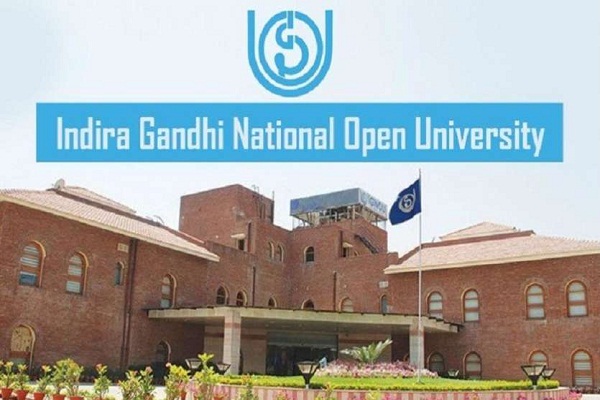Today, the Supreme Court of India will hear a significant case concerning the National Eligibility cum Entrance Test Postgraduate (NEET PG) 2024. Students who appeared for the exam have raised serious concerns regarding the transparency of results and the normalisation process followed by the National Board of Examinations for Medical Sciences (NBEMS). The case highlights key issues that could affect the future of medical entrance exams in India.
Background of the Case
The plea, filed by Ishika Jain and others, was submitted on September 7 and initially heard on September 13. Concerns stem from the division of the NEET PG 2024 exam into two separate shifts, a format that was introduced for the first time this year. The petitioners are calling for greater transparency, including the disclosure of answer keys and question papers to ensure that the selection process is fair and equitable.
A three-judge bench led by Chief Justice of India DY Chandrachud, alongside Justice Manoj Misra and Justice JB Pardiwala, heard the case on September 20. Today’s hearing marks a pivotal moment as the court addresses these issues with the potential to shape future medical exams.
What is the Normalisation Process?
The NEET PG 2024 exam, held on August 11, was split into two shifts: the first from 9:00 am to 12:30 pm, and the second from 3:30 pm to 7:00 pm. In previous years, the exam was conducted in a single shift. However, due to logistical reasons, NBEMS introduced a two-shift format this year, necessitating the use of a normalisation process to balance potential discrepancies between the two sets of question papers.
NBEMS stated that it adopted the normalisation process currently employed by the All India Institute of Medical Sciences (AIIMS) for its own exams, such as INI-CET, which are also conducted in multiple shifts. The process aims to ensure that variations in difficulty between shifts do not unfairly advantage or disadvantage any group of candidates.
Petitioners’ Concerns
Senior Advocate Vibha Datta Makhija and Advocate Tanvi Dubey, representing the NEET PG aspirants, argued that last-minute changes in the exam pattern were a key concern. The switch to a two-shift format was announced just days before the exam, leaving students little time to adjust. Moreover, the petitioners claim that the normalisation process lacks transparency, and without access to the answer keys and question papers, it’s difficult to assess whether it was applied fairly.
The students are particularly concerned about the standardisation of marks across the two shifts. The petition seeks clarification on how the normalisation was conducted and asks for the release of exam-related documents to ensure accountability.
NBEMS’ Response
In response to these concerns, NBEMS has defended its normalisation process, stating that it follows a well-established method used by AIIMS for exams conducted in multiple shifts. The Board believes this approach ensures fairness in the results, even though the test papers varied in difficulty between the two shifts.
NBEMS also emphasised that the decision to conduct the exam in two shifts was made to manage logistical challenges and accommodate the large number of candidates. Despite this, the petitioners argue that these last-minute changes could have significantly impacted their performance and, ultimately, their chances of securing admission to postgraduate medical courses.
Impact of the Supreme Court’s Decision
The Supreme Court’s ruling on this matter could have wide-reaching consequences for medical aspirants across the country. If the court finds merit in the petitioners’ concerns, it could order NBEMS to release the answer keys and question papers, potentially leading to a re-evaluation of the results. Furthermore, the court’s decision could set a precedent for how entrance exams, especially those conducted in multiple shifts, are managed in the future.
For now, all eyes are on the Supreme Court as it deliberates over the transparency and fairness of one of the country’s most crucial medical entrance exams.
Conclusion
As the NEET PG 2024 case unfolds, it brings to light essential questions about the fairness of the examination process, especially in situations where logistical changes are made at the last minute. For the students who have worked tirelessly to secure a place in medical programs, the transparency of the results is paramount. The Supreme Court’s decision will not only impact this year’s candidates but could also influence how future exams are conducted in India.
Stay tuned for further updates on the NEET PG 2024 case as the court continues to hear the petitioners’ plea.
MUST READ-The Rising Concern of Rape Cases in India: A Crisis Beyond Politics
Nvidia Unveils AI Tool for Indian Gamers to Transform into Game Characters











